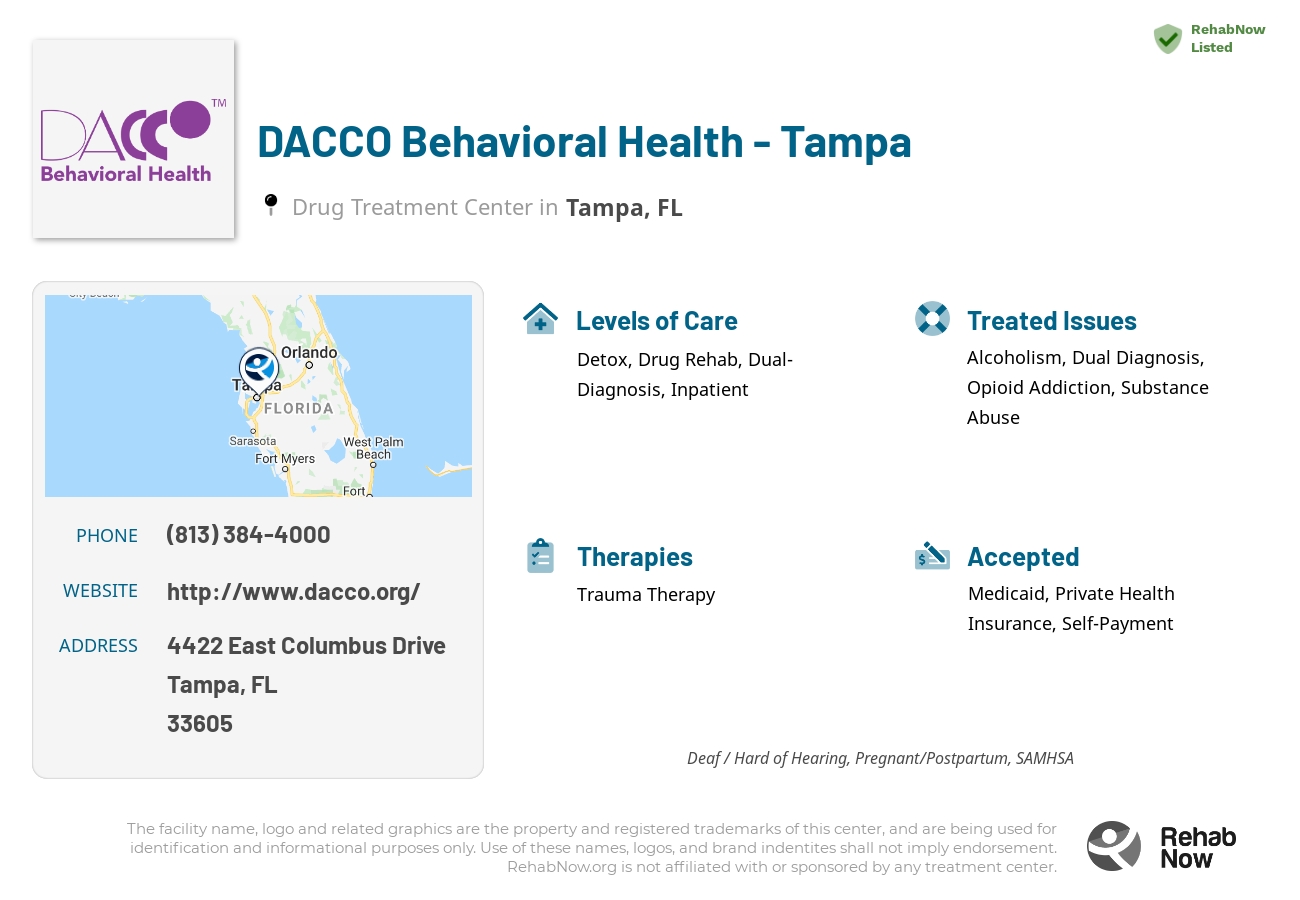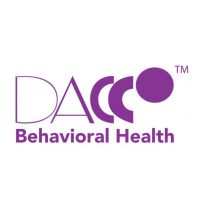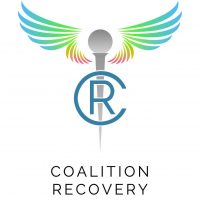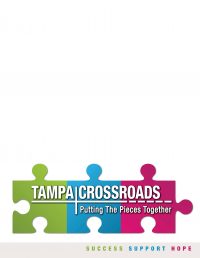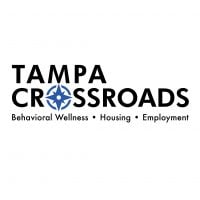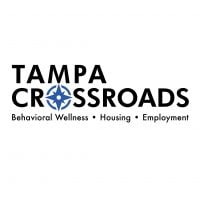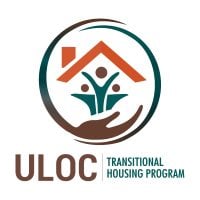DACCO Behavioral Health - Tampa
Drug Rehab Center in Tampa, Florida
Cove Behavioral Health - Tampa is a fully Accredited Addiction Treatment Facility located in Tampa, Florida, specializing in helping individuals suffering from alcoholism, opioid addiction, substance abuse, and dual diagnosis, offering a comprehensive range of evidence-based treatment options to support long-term sobriety and a healthier lifestyle.
About DACCO Behavioral Health - Tampa in Florida
DACCO Behavioral Health is a renowned addiction treatment center located in Tampa, Florida, specializing in comprehensive care for substance use disorders, including opioid addiction, alcoholism, and co-occurring mental health conditions. With a commitment to treating the whole person, DACCO offers a range of outpatient, residential, and wraparound services tailored to individual needs.
- Nationally recognized for their coordinated, evidence-based approach
- Expert physicians board-certified in Addiction Medicine
- Highly qualified staff dedicated to facilitating lifelong recovery
DACCO Behavioral Health is fully accredited and accepts private health insurance, ensuring access to quality care. Their multidisciplinary team utilizes various therapies, including Cognitive Behavioral Therapy (CBT), Dialectical Behavior Therapy (DBT), psychotherapy, 12-step programming, and counseling for spiritual and nutritional well-being.
DACCO specializes in treating addictions to opioids, alcohol, and other substances, as well as dual diagnosis cases involving co-occurring mental health disorders. Their comprehensive treatment programs encompass detoxification, inpatient rehabilitation, outpatient services, and residential care, providing a continuum of support for lasting recovery.
Genders
Ages
Modality
Additional
Accreditations
SAMHSA

LegitScript
Conditions and Issues Treated
Substance Abuse Treatment is important when getting sober, as it helps addicts learn the skills they need to live a clean life. There are many different kinds of recovery treatment, including but not limited to medication-assisted therapy, behavioral therapeutic approaches, self-help groups, and counseling. Each treatment has its benefits that help addicts recover.
Counseling can help addicts learn the skills they need to live sober lives. It can be used to treat underlying mental health issues, like depression or anxiety, that could lead to relapse. Counseling can also help people find work, deal with family problems, and learn to manage living without drugs.
With so many people addicted to opioids, we need to help those who want to quit. The cycle begins when opioid addicts take opioids for a painful injury. When someone starts taking their medication differently or in excess, it means they’re addicted and at risk of overdosing.
In , detoxing from these types of treatments is the most effective way to beat this. Most facilities begin with medical assistance and then provide counseling services; rehabilitation follows after successful treatment.
Dual diagnosis refers to someone who has both an addiction and a mental or emotional illness. Dual diagnosis treatment includes therapy for both issues simultaneously, allowing for effective treatment of either.
Sometimes people with addiction disorders also have co-occurring disorders like depression, anxiety, bipolar disorder, etc. These require specialized treatment programs that address both drug and alcohol addiction as well as psychiatric illnesses. Some rehabilitation facilities provide patients with co-occurring disorders a program with highly integrated services and a clean, distraction-free environment.
Levels of Care Offered
This center offers a variety of custom treatment tailored to individual recovery. Currently available are Detox, Drug Rehab, Dual-Diagnosis, Inpatient, Outpatient, Residential, with additional therapies available as listed below.
Detox is an integral part of recovery and often very hard. Detoxification is the process of letting the body remove the drugs in it. It addresses the physical aspect of addiction. Detox from drugs can be unsafe as the patient undergoes withdrawal symptoms that range from headaches, vomiting, body aches to seizures and cardiac arrests. The main purpose of detox is to keep the drug users comfortable as the drugs leave their system.
Quitting cold turkey is not recommended and can lead to many issues. Detox is best done under medical supervision so that a team of experts can monitor the side effects and complications. Detox, alone, does not guarantee sobriety as the underlying psychological issues are not addressed.
Inpatient treatment is a form of recovery used in drug rehab. Inpatient recovery offers individual therapy, groups, and family therapy to ensure that the addict has the best recovery possible. A variety of treatments are provided in this type of recovery, depending on what treatment the addict needs at that particular time.
The length of inpatient addiction treatment depends on the addict and their addiction. Inpatient rehabilitation can last anywhere from 30 days to 90 days, depending on how severe the drug abuse is. Inpatient rehab is a costly drug treatment, costing anywhere from $30k- to $60k. However, insurance often offers help in covering these costs.
Alcohol or drug addiction, or co-occurring disorders, are treated in an outpatient program. The patient must attend therapy and other programs at the facility but can return home each night.
Outpatient treatment allows recovering addicts to live at home while receiving addiction treatment. Outpatients can attend group sessions for a few hours per week. Outpatients may also continue to work full time and study/attend school without interruption if they choose.
Residential treatment programs are those that offer housing and meals in addition to substance abuse treatment. Rehab facilities that offer residential treatment allow patients to focus solely on recovery, in an environment totally separate from their lives. Some rehab centers specialize in short-term residential treatment (a few days to a week or two), while others solely provide treatment on a long-term basis (several weeks to months). Some offer both, and tailor treatment to the patient’s individual requirements.
Therapies & Programs
Different people react differently to various treatment options. Some drug rehabilitation centers offer individualized treatment that caters to the specific needs of a drug addict. The best treatment option varies on an individual depending on the type of drug abused, life history, medical condition of the person, social circumstances, and the environment they live in now.
When a person enters drug rehab, they usually have anti-drug associations such as withdrawal symptoms, stress, cravings, etc. The first step of drug rehab is to detoxify the body from any residual substances in it. Drug rehabilitation centers usually employ trained medical professionals to help in this process. Usually, the initial detoxification lasts for five days, where the person is monitored under close supervision.
Attending group therapy at DACCO Behavioral Health - Tampa in , is a useful way for those seeking sobriety to realize they aren’t the only one going through it.
This is when a group of people on different recovery phases get together and talk about what they’re going through, their triggers, successes, and failures. This can include alternative types of therapies too! Group therapy may occur on an outpatient or inpatient basis with groups that have no pre-existing relationships outside the session, unlike support groups where everyone already knows each other beforehand.
Trauma therapy is a form of therapy used to help people process and understand past traumas. This can help struggling addicts, as many people turn to drugs or alcohol to mask the pain of their past. Trauma therapy can be done in several ways, such as through visualization, discussion, and writing down thoughts and feelings. The goal is to help the individual understand why they are having problems coping with certain situations and changing how they think and react to things. This is often done in tandem with other therapies to treat the underlying issues associated with addiction.
The idea behind trauma therapy is that while some people can experience traumatic events and not have lasting psychiatric symptoms, many others will. In these cases, memories get hidden from consciousness but continue to influence how the person processes and copes with things in their life. They may avoid situations that resemble what happened or become suddenly angry or irritated to a situation that reminds them of a past event. With the help of a therapist, people can go back over memories and experiences. This helps them understand why they are having problems coping with certain situations and changing how they think and react to things.
Payment Options Accepted
For specific insurance or payment methods please contact us.
Is your insurance accepted?
Ask an expert, call (888) 674-0062
Cove Behavioral Health Associated Centers
Discover treatment facilities under the same provider.
- DACCO - Women's Residential Treatment Program in Tampa, FL
- DACCO - MAT Program in Tampa, FL
- DACCO - Adolescent Outpatient in Tampa, FL
- DACCO - Tampa Outpatient in Tampa, FL
- DACCO - Brandon Outpatient Services in Brandon, FL
Learn More About Cove Behavioral Health Centers
Additional Details
Specifics, location, and helpful extra information.
Tampa, Florida 33605 Phone Number(813) 384-4000 Meta DetailsUpdated April 15, 2024
Staff Verified
Is DACCO Behavioral Health – Tampa a LegitScript Verified Treatment Facility?
According to our most recent records, we have found this center to be LegitScript verified.
DACCO Behavioral Health - Tampa Patient Reviews
There are no reviews yet. Be the first one to write one.
Tampa, Florida Addiction Information
Florida is one of the nation's epicenters for substance abuse and drug-related overdoses. In 2014, around 410,000 Florida residents were addicted to drugs and alcohol. Over the last 10 years, 12% of all deaths in the state were attributed to substance abuse. Treatment admissions for alcohol reached 24,329 patients in 2016, and 2.5% of Florida high school students admitted to using crack cocaine.
Tampa, Florida has a serious problem with drug addiction and abuse. The city is one of the top 25 most dangerous cities in America for drug abuse. The most commonly reported primary drugs of abuse were heroin (25.4%), alcohol (24%), cocaine (17.9%), and marijuana (13%). There are various treatment options available for those struggling with addiction in Tampa, Florida. These include inpatient and outpatient treatment, 12-step programs, and therapy.
Treatment in Nearby Cities
- North Miami, FL (198.6 mi.)
- Quincy, FL (224.0 mi.)
- Wellington, FL (159.6 mi.)
- Floral City, FL (54.5 mi.)
- Macclenny, FL (161.0 mi.)
Centers near DACCO Behavioral Health - Tampa
The facility name, logo and brand are the property and registered trademarks of DACCO Behavioral Health - Tampa, and are being used for identification and informational purposes only. Use of these names, logos and brands shall not imply endorsement. RehabNow.org is not affiliated with or sponsored by DACCO Behavioral Health - Tampa.




